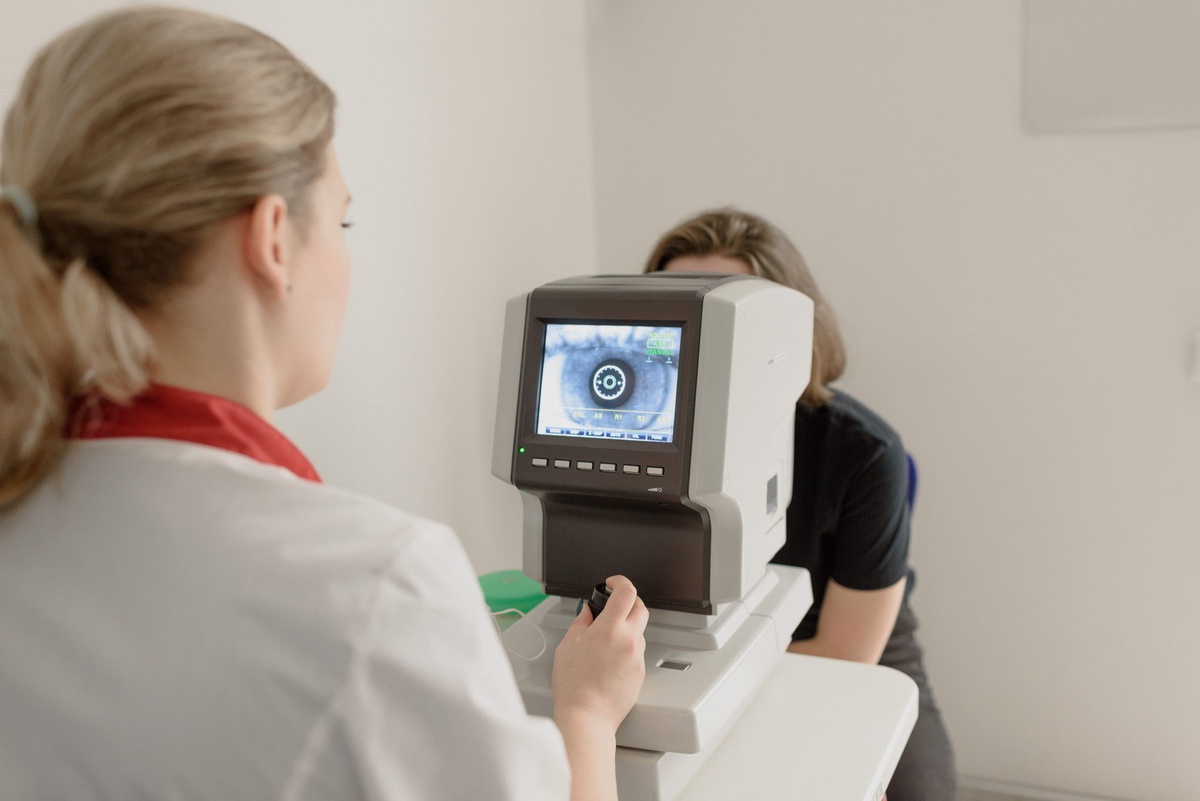As one of the most important sensory organs and an inevitable part of your health, the eyes help you perceive your environment. This is one of the main reasons you should get a comprehensive eye examination done every couple of years to ensure you do not suffer from blurred vision or total vision loss. But which type of eye doctor should you go to for the best diagnosis and treatment? How many types of eye doctors are even there? The questions are many – and we will address each of them in this blog post.
Who is an Optometrist?
When it comes to eye care (optometry), the professional who provides routine checkups and primary eyesight care is an Optometrist. Despite not being a doctor, an optometrist is licensed and authorized to perform optometry, which includes conducting eye tests, diagnosing and prescribing prescription glasses, identifying abnormalities in the eyes, and treating them to a certain extent.
Who is an Ophthalmologist?
Unlike an eye doctor (optometrist), an ophthalmologist is more skilled in terms of education and experience in eye care and vision acuity. Ophthalmologists are sanctioned to practice medically post their completion of medical school and residency. With more intensive and comprehensive training, ophthalmologists can treat a wide range of eye disorders. They are specialists who can perform eye surgeries and carry out intricate eye examinations.
Fundamental differences between Optometrists and Ophthalmologists
The basic difference between an optometrist and an ophthalmologist is the level of training they have done. While both of them need plentiful education as well as training, ophthalmologists have to complete med school and a residency program – this makes them capable and trained to perform surgeries and administer complicated eye conditions. As opposed to that, an optometrist, despite having a basic level of training, is only licensed to provide primary vision care services.
The extent of practice is also different for Optometrists and Ophthalmologists. Thanks to the advanced medical training they undergo, ophthalmologists have the ability and knowledge to diagnose and treat a wider range of eye disorders and issues as compared to optometrists. When it comes to basic eye care (optometry), it only involves prescribing corrective lenses and treating nominal eye issues.
Optometrists have to refer a patient to a specialist in case of a severe issue that cannot be treated by them, whereas ophthalmologists are known to closely work with the patient’s other healthcare providers to ensure the management of overall patient health.
There are certain conditions that both optometrists and ophthalmologists can treat –
Certain eye conditions such as glaucoma, dry eye, macular degeneration, cataracts, retinal detachment, diabetic retinopathy, cross-eye, and more can be treated by both optometrists as well as ophthalmologists. Both can also perform a comprehensive eye examination and treat near and far-sightedness to help you see clearly and sharply.
Final thoughts
If you are facing any issues with your vision or your eyes, it is always a good idea to visit an optometrist to get a basic idea about the problem. Depending on the intensity and severity of your problem, you can be treated by an optometrist or referred to an ophthalmologist.


No comments yet